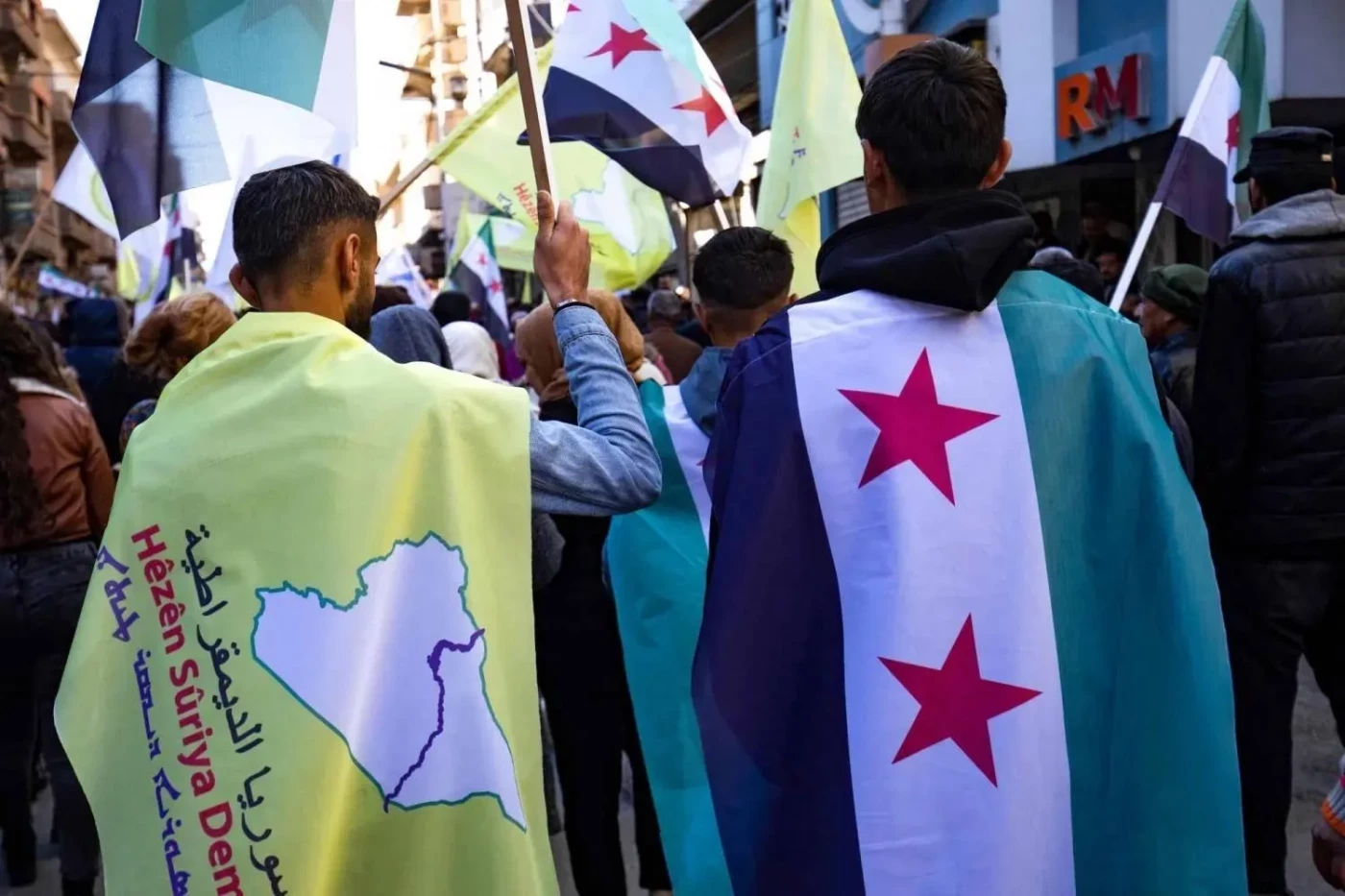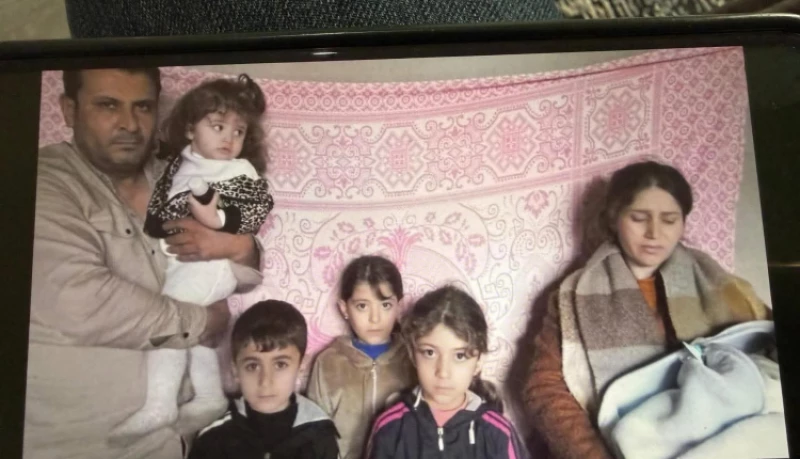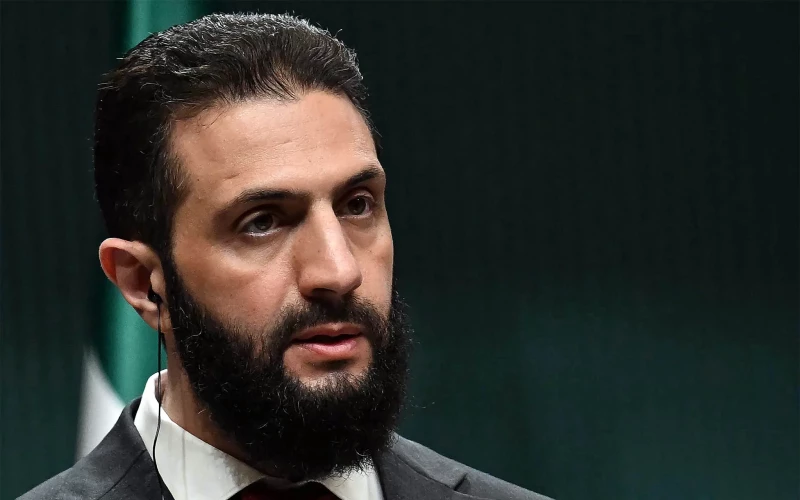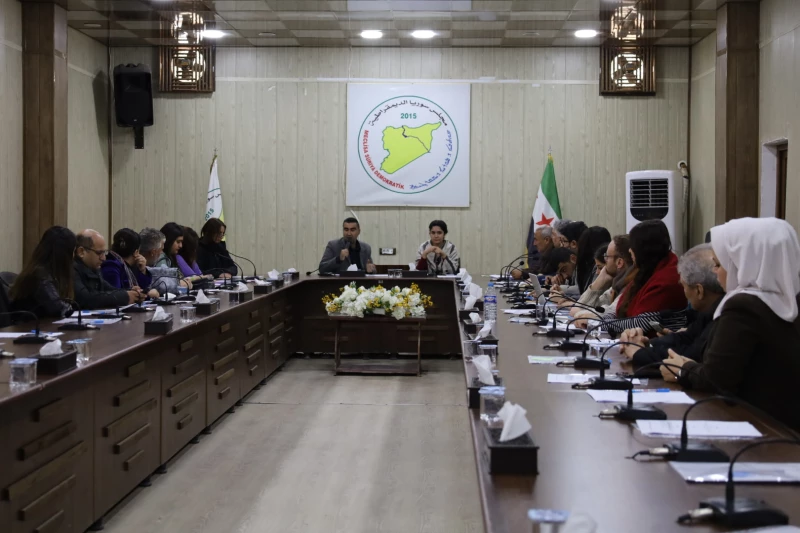ERBIL, Kurdistan Region of Iraq – Hasakah and Raqqa, two provinces under the control of the Kurdish-led Syrian Democratic Forces (SDF), will be included in the upcoming parliamentary elections set to be held later in September, said Syrian state media on Friday, reversing a prior decision to postpone the voting process in the SDF strongholds.
“Discussions were held with a number of citizens in some areas of Raqqa and Hasakah, which are under the legitimate government in Damascus, leading to the decision to hold elections in these areas as they are under state authority,” said SANA, citing Nawar Najma, spokesperson for the supreme committee for the elections, adding that “the committee had previously decided to postpone the elections” in the two provinces, along with the Druze heartland of Suwayda.
The elections were set to be postponed in Hasakah, Raqqa, and Suwayda, Najma told SANA in late August, citing a lack of state control in the minority strongholds, that elections are a “sovereign matter and must be held within territories controlled by the state, which fully controls its official departments.” The Kurdish-led Autonomous Administration of North and East Syria (AANES) promptly denounced the order the very next day, framing it as undemocratic, dubbing it “an attempt to marginalize and exclude nearly half of Syrians from this process.”
The August decision came against the backdrop of an earlier decree by Syrian President Ahmed al-Sharaa, prohibiting “the candidacy of advocates of division, secession, reliance on foreign powers, and supporters of the defunct regime.” Hasakah and Raqqa are controlled by the AANES, while the Druze minority controls the Suwayda province, in which the ethno-religious group comprises a majority of the population.
The AANES has managed northeast Syria’s internal affairs since 2018, with the SDF acting as its de facto army. After months of deliberation and negotiations, Syrian President Ahmed al-Sharaa and SDF chief Mazloum Abdi signed an agreement on March 10 to officially integrate the Kurdish-led forces and all other institutions in northeast Syria into the Syrian state institutions.
However, despite the agreement, the integration of the SDF into Damascus' ranks has not taken place, with the SDF and Syrian state forces having engaged in minor skirmishes in recent months that have likely hampered the feasibility of the March 10 resolution's implementation at this juncture.
A Syrian electoral official told state media in late July that the elections are set to be held between September 15 and 20, with Sharaa personally appointing 70 out of 210 lawmakers, amounting to one-third of the legislature’s total seats.
Both the Kurds and the Druze have advocated time and again for a decentralized or federal system of authority, whereby they retain a degree of self-governance in their own territories, a proposal firmly rejected by the Damascus government.
A conference earlier in August brought together the different components, including Kurds, Arabs, Syriacs, Assyrians, Turkmens, Armenians, and Circassians, in the city of Hasakah and saw the representatives call for a decentralized state. A Syrian government official slammed the results of the conference a day later, saying the event violated previous agreements.
Sharaa’s government, since rising to power, has engaged in numerous violent altercations with Alawites, Kurds, and the Druze, leading to thousands being killed, many of whom have been extrajudicially executed, raising concerns of the new Damascus government’s treatment of Syrian minorities.



 Facebook
Facebook
 LinkedIn
LinkedIn
 Telegram
Telegram
 X
X


